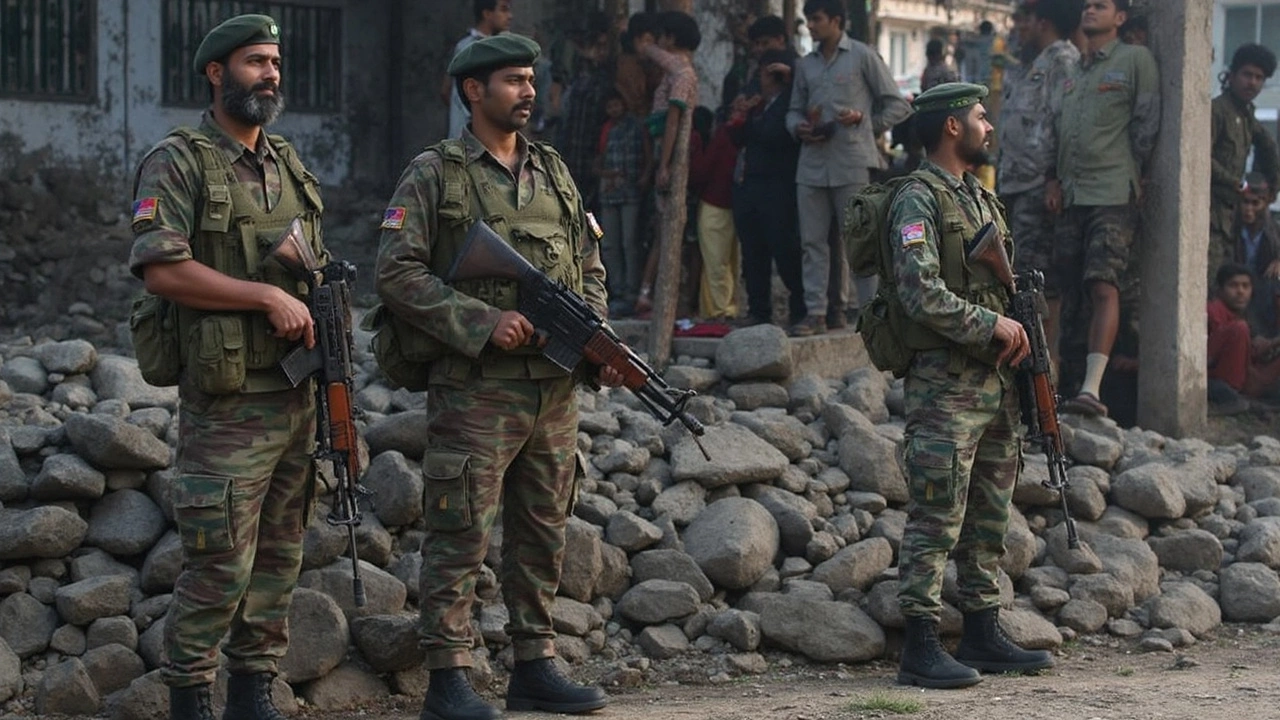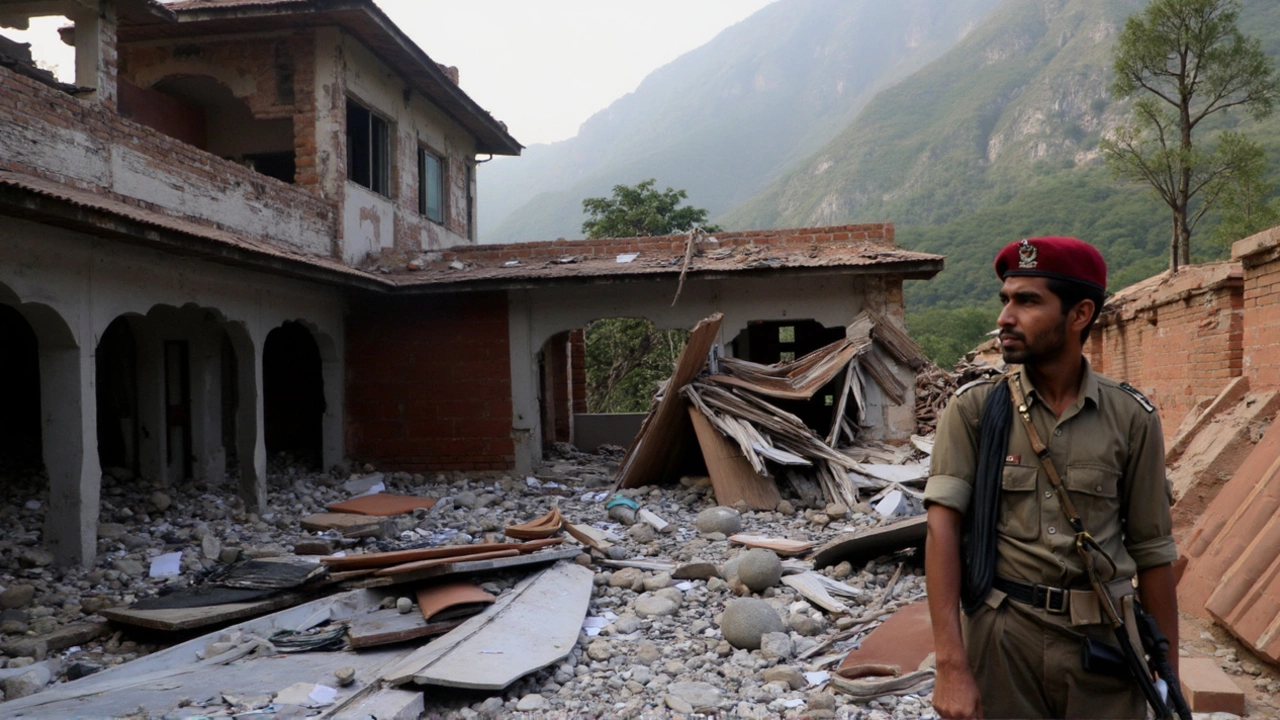India Breaks With Decades of Water Diplomacy
You don’t see a country rip up a 64-year-old agreement every day, but that’s exactly what happened when India suspended the Indus Waters Treaty with Pakistan this week. The news came hot on the heels of a deadly attack in Pahalgam, Jammu and Kashmir, which left 26 people dead. India blamed the attack on militants backed by Pakistan. The government didn’t mince words: as long as Islamabad supports cross-border terrorism, the treaty stays on ice.
This is the sharpest move by New Delhi against Pakistan in years, and it takes aim right where it hurts: water. Since 1960, the treaty has been like a shared rulebook, dividing the river waters that cut through the region. The three eastern rivers—Sutlej, Beas, Ravi—belonged to India, while the three western rivers—Indus, Jhelum, Chenab—were Pakistan’s lifeline. The agreement limited what India could do with those western rivers. No big dams. No changing the flow. That’s now off the table.
The Cabinet Committee on Security’s late-night decision means India can take actions previously forbidden—think dams, diversions, or redirecting flows. This is a massive shift. In practical terms, Pakistan’s fields, factories, and cities all depend on the steady supply from those rivers. India’s gamble? Squeeze Islamabad’s vital water sources unless there's real action against terrorism.
Why Pakistan’s Leaders Are in Panic Mode
The shockwaves hit Pakistan instantly. Prime Minister Shehbaz Sharif called his top security team into crisis mode. His cabinet called it ‘water warfare’—and some senior ministers even went further, describing it as an ‘act of war.’ Foreign Minister Ishaq Dar called the suspension ‘illegal,’ and said it was built on unsubstantiated claims.
Dig into the numbers, and the concern makes sense. The Indus Basin system is the backbone of Pakistan’s agriculture—over 90 percent of the country’s crops rely on it. That means every rice field in Punjab, every sugarcane patch, every cotton farm is now at risk. Power stations also depend on these rivers to keep the lights on, and industries need the water to operate. With water scarcity already looming due to climate change, this move threatens food production, factory outputs, and everyday life. Add water pressure to a shaky economy, and you’ve got a serious internal headache.
So what happens next? For one, this escalates the stakes between two nuclear-armed neighbors. Pakistan’s officials are already hinting at turning to international organizations, hoping for outside intervention. But with India brushing aside diplomatic plays and focusing on national security, there’s a real question about who—not to mention what—can force either side to the table.
For years, the Indus Waters Treaty was called ‘unbreakable,’ praised for surviving wars, standoffs, and endless suspicion. Now it’s in limbo. Water, always vital and yet often invisible in politics, has become a frontline weapon. If India uses its new leverage, Pakistan’s fields could dry up, and the standoff could spiral into a broader crisis. No one really knows how, or when, this ends. But for now, the region faces a dangerous new reality: water is no longer just about rivers—it’s power, pressure, and a fresh reason for both hope and anxiety in South Asia.

